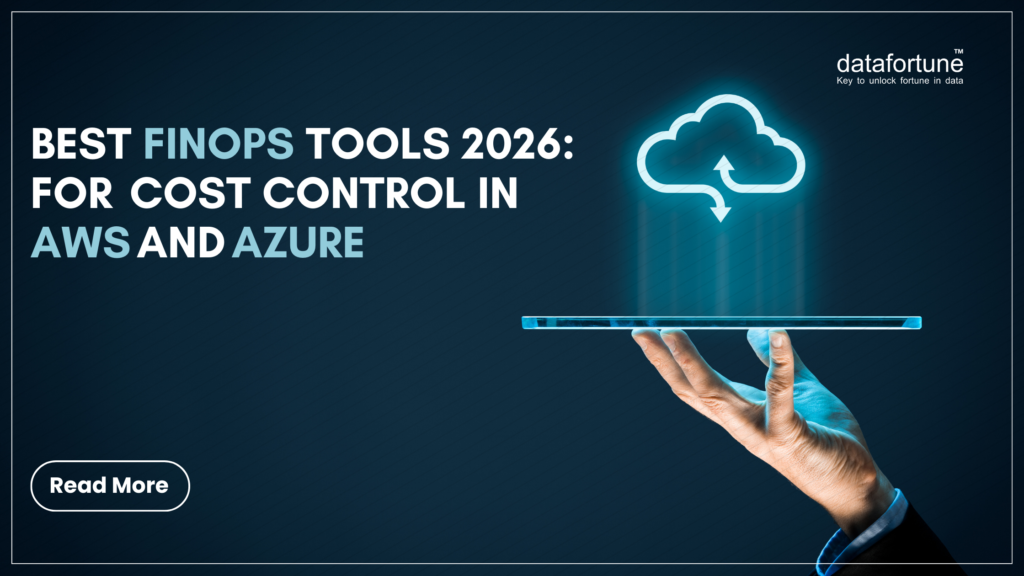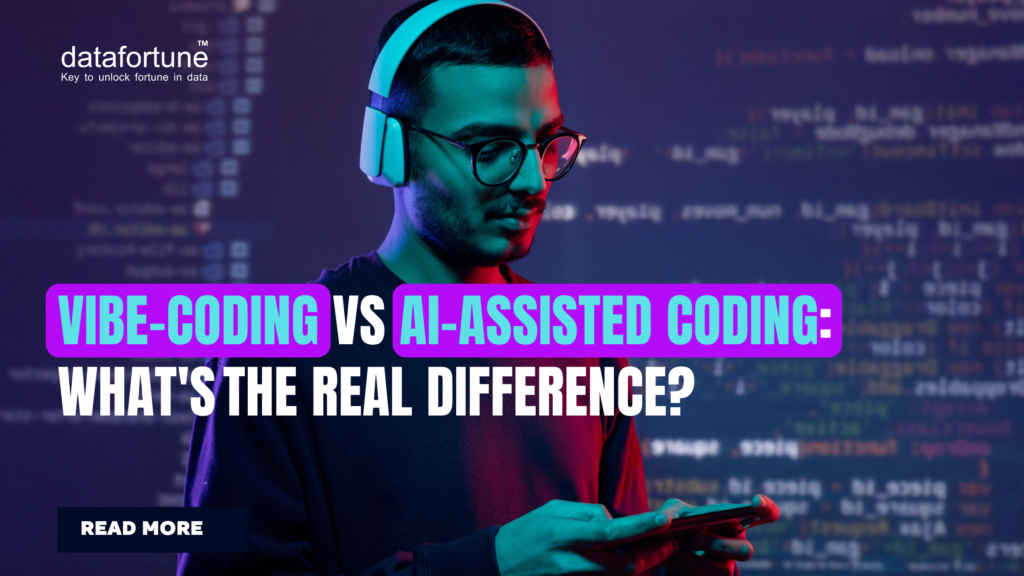This disconnect between advanced tech capabilities and ethical considerations is something every development team should worry about. How can we build systems that are powerful but also fair and transparent?
Join us as we explore practical strategies for AI in ethical software development that balance innovation and responsibility. Understanding these principles now can prevent costly mistakes down the road and help preserve trust with users.
AI-Powered Tools in Software Development
Currently, developers rely heavily on AI-powered tools for software development. ChatGPT (82%), GitHub Copilot (44%), and Google Gemini (22%), which have completely transformed coding practices.
While technical practices have grown significantly, ethical frameworks have not developed at the same speed. Several developers find themselves using these tools without proper guidance to address the ethical implications of AI-assisted code creation.
This disconnect between rapid technological advancement and the slower development of ethical standards poses a major challenge for the software development community.
The Ethics Gap in AI-Powered Software Development
Despite so many amazing AI development tools, there’s a worrying trend. Ethical requirements often get pushed to the back burner. A recent review found 47 different approaches to bringing ethics into software development, but they rarely make it into everyday workflows.
This leads to an “ethics gap,” where AI speeds ahead without proper ethical boundaries. When this happens, your system may reinforce biases, make decisions no one understands, compromise privacy, or create unforeseen issues.
Ethical software development is a necessity to build trust and maintain the reputation of your organization. We need to close this gap by making ethics fundamental to how we build AI, not just an afterthought.
How Developer Experience Shapes Ethical Software Development Awareness
Your experience level as a developer impacts how you see AI tools, which matters a lot for ethical software development. A recent survey by Cornell University looked at over 3,300 developers, and they found something interesting. Experience doesn’t determine whether you’ll use AI, but it changes your relationship with it.
If you have been coding for years, you likely see AI as your junior teammate or content creator while you keep control and stay alert to ethical concerns. But if you are newer to software development, you may view AI as your teacher, possibly accepting its suggestions without enough scrutiny. This difference is crucial. Creating ethical software means questioning assumptions, spotting biases, and considering diverse viewpoints. When we hand too much authority to AI, we risk missing important ethical dimensions that need human judgment and values.
How to Integrate Ethics in AI-Powered Software Development
To fill the missing link between AI-powered development and ethical software creation, consider implementing these strategies in your development workflow:
Integrate Ethical Requirements from the Start
Don’t just treat ethics as a box to check at the end! Research shows that teams give ethical requirements the same importance as technical ones. They build more responsive software. This means including ethical acceptance criteria right alongside your technical specs from the start. Make these ethical considerations explicit in your user stories and requirements documents. This approach helps ensure your software serves people responsibly and fairly.
Adopt Specialized Frameworks
When you’re building AI systems, ethical frameworks like ECCOLA (a method for implementing ethically aligned AI systems) can really help you out. They provide clear steps to follow so you don’t miss important ethical questions along the way. Instead of scrambling to address ethics later, you have a solid process from day one. It’s much easier to build ethical AI when we have these structured approaches guiding our work throughout the entire development journey.
Diversify Your Testing Procedures
Expand your testing beyond functional verification to include ethical dimensions. This includes testing for bias in AI-assisted code, evaluating transparency of decision-making processes, and assessing privacy implications. When your AI tools generate code or solutions, check that your AI-generated code doesn’t just work properly but works ethically, too. This extra verification step ensures your solutions aren’t just functional but also responsible and fair to everyone who interacts with them.
Balance Productivity Claims with Responsibility
Developers keep saying these tools make them way more productive, but when researchers actually measure the impact, the improvements aren’t as dramatic as claimed. This gap between what people feel and what the data shows means it’s worth taking a closer look at how these tools really affect your work. Just make sure you’re not mistaking that feeling of efficiency for actual outcomes, and don’t let it overshadow important ethical questions about using AI in your software development process.
Practical Implementation Steps of Ethical Software Development
- Establish an ethics checklist: Create a standardized checklist of ethical considerations to review at key development milestones.
- Implement ethics-focused code reviews: Dedicate specific code review sessions to ethical considerations rather than purely technical correctness.
- Track ethical metrics: Just as you track technical debt, begin tracking “ethical debt” in your development process to ensure issues don’t accumulate.
- Invest in team training: Ensure your team understands both the capabilities and limitations of AI tools, with a specific focus on recognizing potential ethical pitfalls.
Conclusion
The goal isn’t to slow down innovation, but to ensure progress is made responsibly. By incorporating ethics into the AI development process, you can build software that not only meets technical demands but also earns and maintains the trust of its users.
As AI gets more powerful, your responsibility as a developer grows along with it. Ethical Software Development is not an option, but it is important. By addressing ethics in your development process, you’re positioning yourself as a leader in responsible innovation, creating software that’s both advanced and ethically sound.
Are you ready to build your next software you can be proud of? Contact datafortune today to learn how we can help strengthen your ethical software development approach.



